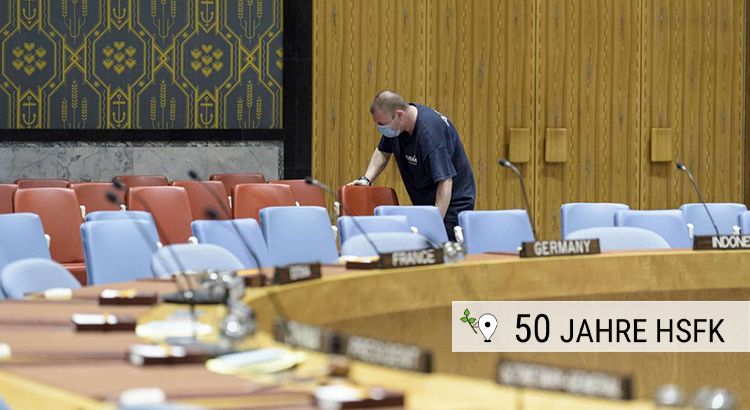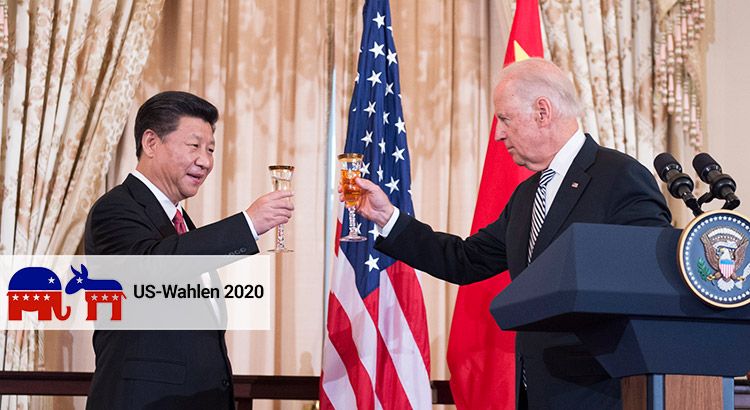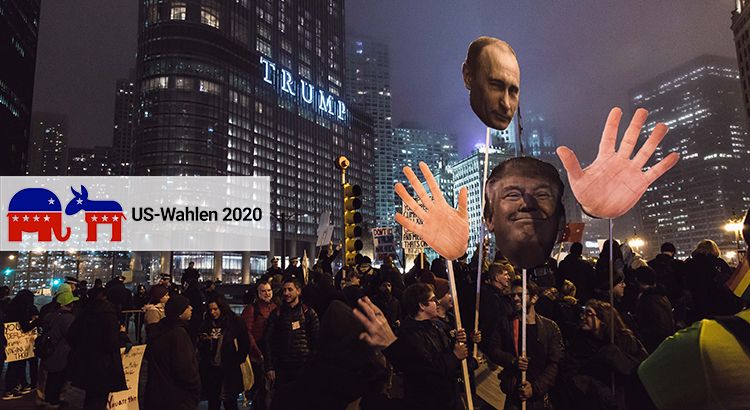2020 hätte ein Jahr der Feiern werden können. Nicht nur die HSFK wird in diesem Jahr 50, sondern...
Terminator 1&2 – Sind wir auf dem Weg zum Killerroboter?
Außer spektakulären Verfolgungsjagden passiert in den Terminator-Klassikern (1984/1991, Regie:...
Ein kritischer Friedensforscher – Dieter Senghaas im Gespräch
Dieter Senghaas war 1970 Teil des Gründertrios der HSFK und prägte die deutsche Friedensforschung...
Black Mirror: Hated in the Nation – Drohnenschwärme als Bienenersatz?
Die britische Anthologieserie Black Mirror erkundet in dystopischen Zukunftsvisionen, wohin unser...
China Policy in the 2020 Election: Same Same, but Different?
With US-China relations caught in a seemingly inescapable downward spiral and mounting...
This time, Russia сould not care less
“Russian interference” became a buzzword in the 2016 US presidential election and throughout the...
Die Wahlen in den USA – Das Ende einer liberalen Führungsmacht?
Vom Abstieg der USA wird seit langem gesprochen. Aber dass er diese Form annehmen würde, hätte...
Social Media as a Mirror of External Circumstances: Insights into the Perception of a Radical Group
Radicalisation processes take place in a field of tension between the actor and the outside...
The Great Divide? The Online-Offline Nexus and Insights from Research on the Far-Right in Germany
Research financed in the framework of the BMBF’s public security programme is still predominantly...
Early Warning? Opportunities and Limitations of Automated Internet Monitoring
Policymakers have invested considerable effort and research funding to understand the role of the...









